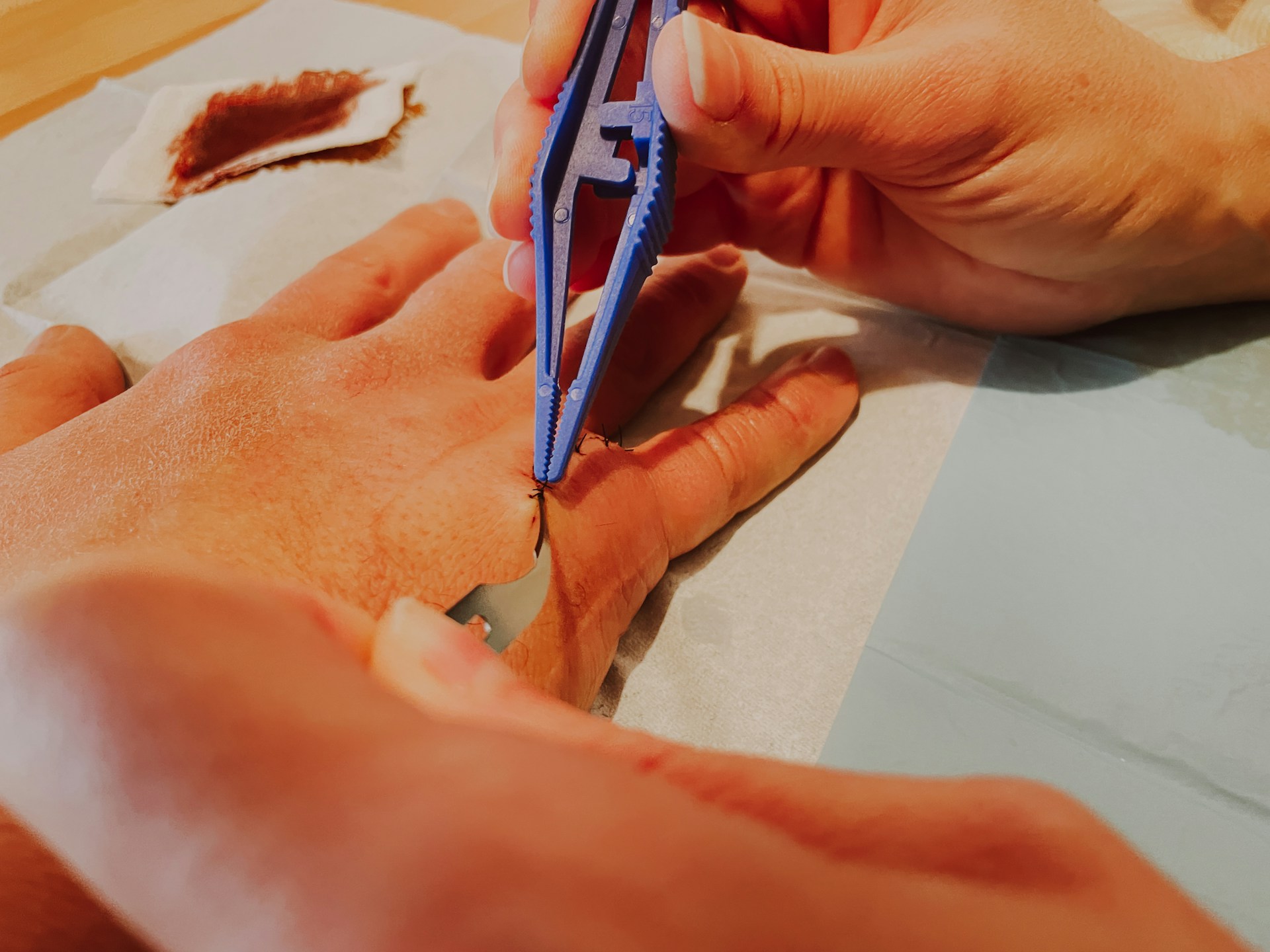Florida has made significant changes to the rules for how medical damages are valued in personal injury cases. These changes aim to make the process more transparent and fair.
Why Were Changes Needed?
Several issues were identified with the old system:
- Inflated Medical Bills: Often, the amount a patient or their insurance actually pays for medical services is much less than the amount billed by the healthcare provider. If juries only see the initial high bill, they might award more in damages than is fair.
- Misleading Severity of Injuries: High medical bills can make a jury think that the plaintiff’s injuries are worse than they are, leading to higher awards for pain and suffering or future medical costs.
- Collateral Source Rule: Previously, courts had to reduce the damages awarded by the amount covered by other sources, like insurance. Based on this, plaintiffs could still show the full, often inflated, medical bills in court, while defendants couldn’t show the actual, lower amounts paid.
- Letters of Protection: Sometimes, patients and providers agree to defer payment until after the lawsuit is settled. This can give providers a financial interest in the lawsuit’s outcome. Courts had ruled that whether a plaintiff’s attorney referred them to a doctor was protected by attorney-client privilege, complicating transparency.
What Does the New Law Do?
The new law standardizes how medical damages are presented and calculated in personal injury cases.
For Past Medical Bills:
- Paid Bills: Only the amount actually paid for the services can be used as evidence.
- Unpaid Bills: Evidence must show the typical costs of medical services based on the claimant’s insurance situation:
- With Insurance: The amount the insurance would pay plus the claimant’s share.
- Using a Letter of Protection: The amount insurance would have paid plus the claimant’s share, even if they used a letter of protection.
- With Medicare, Medicaid, or No Insurance: 120% of the Medicare rate at the time of service. If no Medicare rate is available, then 170% of the state Medicaid rate.
- Letter of Protection with Third-Party Payment: The amount the third party agreed to pay for the bill.
For Future Medical Bills:
- With Insurance: The future charges could be covered by the insurance plus the claimant’s share.
- With Medicare, Medicaid, or No Insurance: 120% of the Medicare rate at the time of trial. If no Medicare rate is available, then 170% of the state Medicaid rate.
Protection of Private Contracts
Individual contracts between providers and insurers are protected from being disclosed or used as evidence.
Disclosure Requirements
If a letter of protection is used, the claimant must provide:
- The letter of protection.
- Copies of the medical bills.
- The name and amount the provider sold the bill to a third party.
- Whether the claimant had insurance at the time of treatment.
- Whether a referral was made under a letter of protection and who made it.
If an attorney makes a referral under a letter of protection, this must be disclosed, and the relationship between the law firm and the medical provider can be examined for potential bias.
Limiting Inflated Damages
The new law ensures that damage awards cannot include inflated amounts. Damages must not exceed:
- The amount actually paid to the provider.
- The amount needed to cover any unpaid bills at the time of trial.
- The amount required for any reasonable future medical treatment.
Choose a Skilled and Knowledgeable Florida Personal Injury Attorney to Maximize Your Compensation
If you or a loved one has suffered from a personal injury in Florida, you don’t have to fight the legal system alone. Trust Robert W. Rust, Esq., at Rust Injury Law to provide the expert legal representation you need. With a distinguished background as a former state prosecutor and extensive experience in personal injury cases, Robert is dedicated to fighting for your rights and securing the compensation you deserve.
Whether it is a car accident, slip and fall, medical malpractice, wrongful death, or dog bite, Robert’s relentless commitment to justice ensures that you have a formidable advocate by your side. To schedule your free case review, call us at 305-200-8856 or contact us online and take the first step toward justice and compensation.
